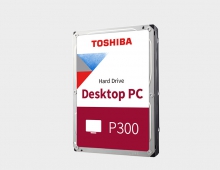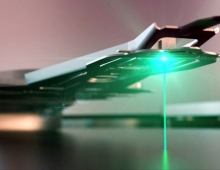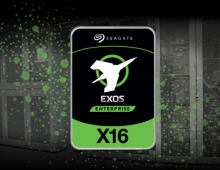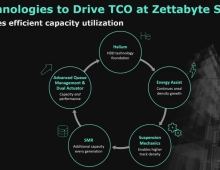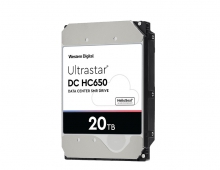
Which Hard Drive Format?
The questions from people about hard drive formats and their compatibility across system platforms are very common, so let's present a short primer on the formats hard drives use with and between these two primary operating systems. NTFS, HFS+, FAT - These are the primary formats that are in use today by PC users. One is for Windows, one is for Mac, and one crosses the two (but with its own limitations).
Format TableWindows — With the advent of Windows NT, Microsoft moved their optimized drive format to something called NTFS (New Technology File System). This is the format that is used with all current versions of Windows. If you have a Windows PC (NT on, including Windows 7), then your system drive is most likely formatted in the NTFS format.
Mac - Since Mac OS 8.1, the Mac has been using a format called HFS+ - also known as Mac OS Extended format. This format was optimized to minimize the amount of drive storage space used for a single file (the previous version used sectors loosely, leading to rapidly lost drive space). This is the required format for a bootable Mac hard drive. For a hard drive to be used with Time Machine (Mac OS X 10.5 and later), the drive must be formatted in HFS+ Journaled (Journaled adds an extra element to the standard HFS+ format).
Interoperability - What drive formats work with what OSs. While Windows can read and write to NTFS formatted drives, it can neither write nor read to a drive that has been formatted HFS+. (I should note here that there are several third party software drivers on the market that will allow either OS to read and write the other’s formats - but not all functionality is supported, and they both reduce performance when going through such an application)
The Mac, on the other hand, can read an NTFS formatted drive - it just can’t write to it (again, unless you use a third party software driver).
There is yet a third drive format that can be used across these two operating systems without the need for special third party drivers. It is called FAT. FAT has several forms and variations, the most recent of which is FAT32.
Most forms of removable media (memory cards for digital cameras, flash drives, etc) use the FAT format, as the capacity of most of these devices is significantly smaller than hard drives, and the more robust formats of the two predominant operating systems is not required.
The one simple benefit of the FAT format today is that it can be read from and written to by either of the operating systems discussed here. So on a Windows PC, you can read and write to a FAT formatted drive. And you can do the same on a Mac. This format gives you the ability to very easily move a drive between the two compute platforms.
There’s one significant limitation to this though - a FAT32 formatted drive cannot take a file larger than 4GB. The error message that gets reported if you try to copy a file larger than 4GB onto the drive is misleading - it says that there is not enough room for the file. That would lead you to believe that the drive is full. The drive can be completely empty and still not have room for the file - it simply cannot handle a file of that size.

